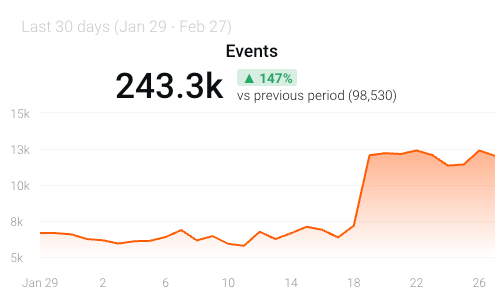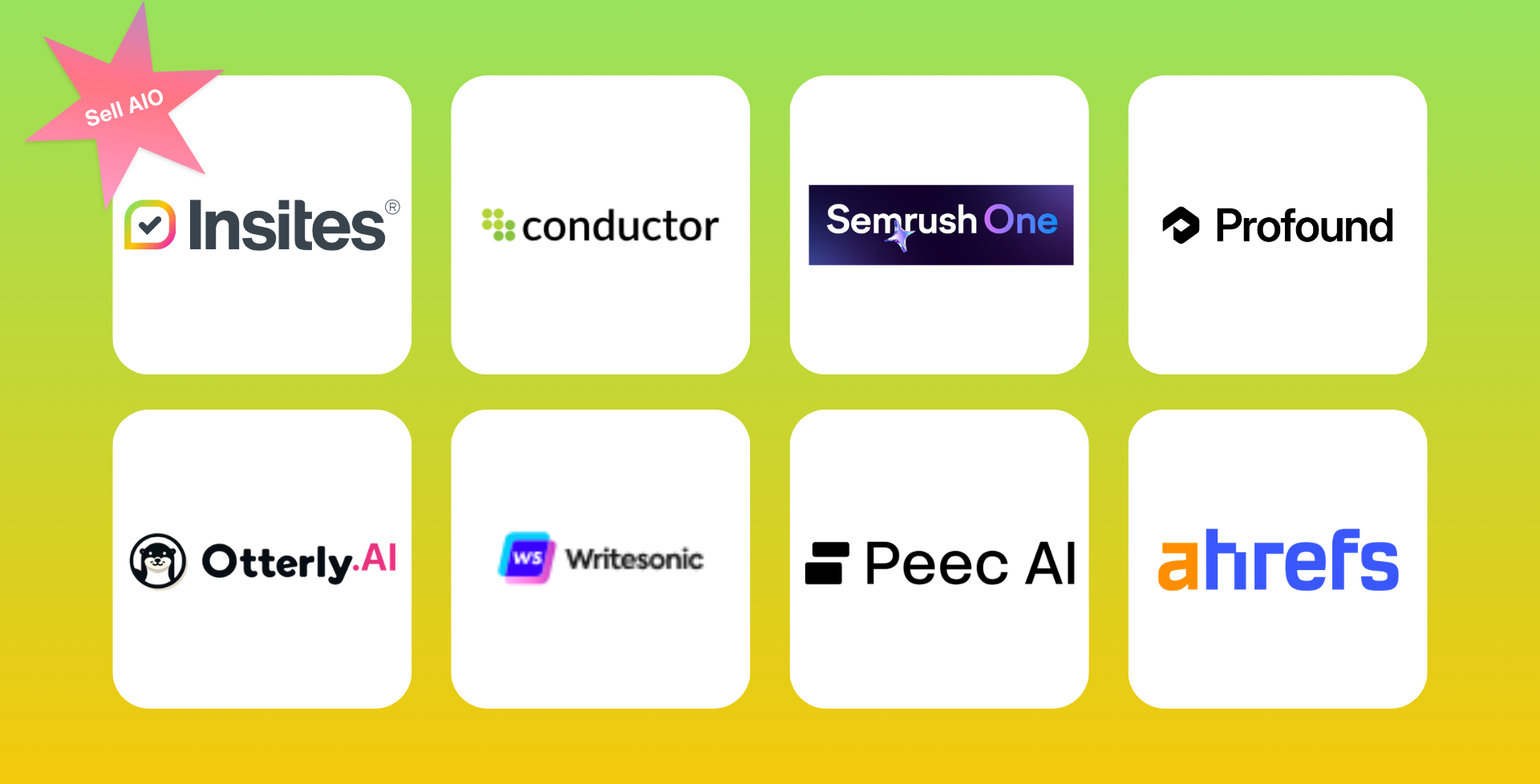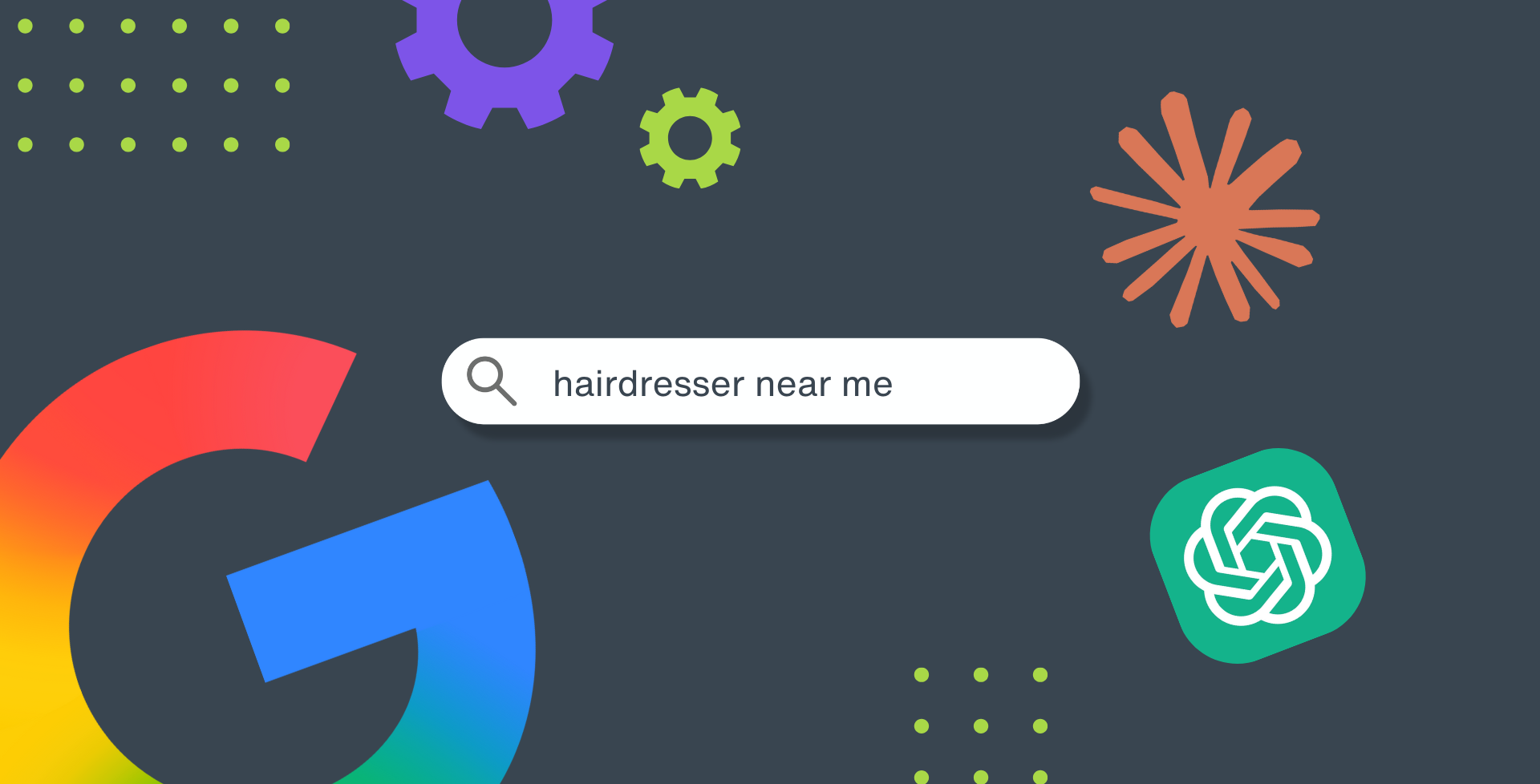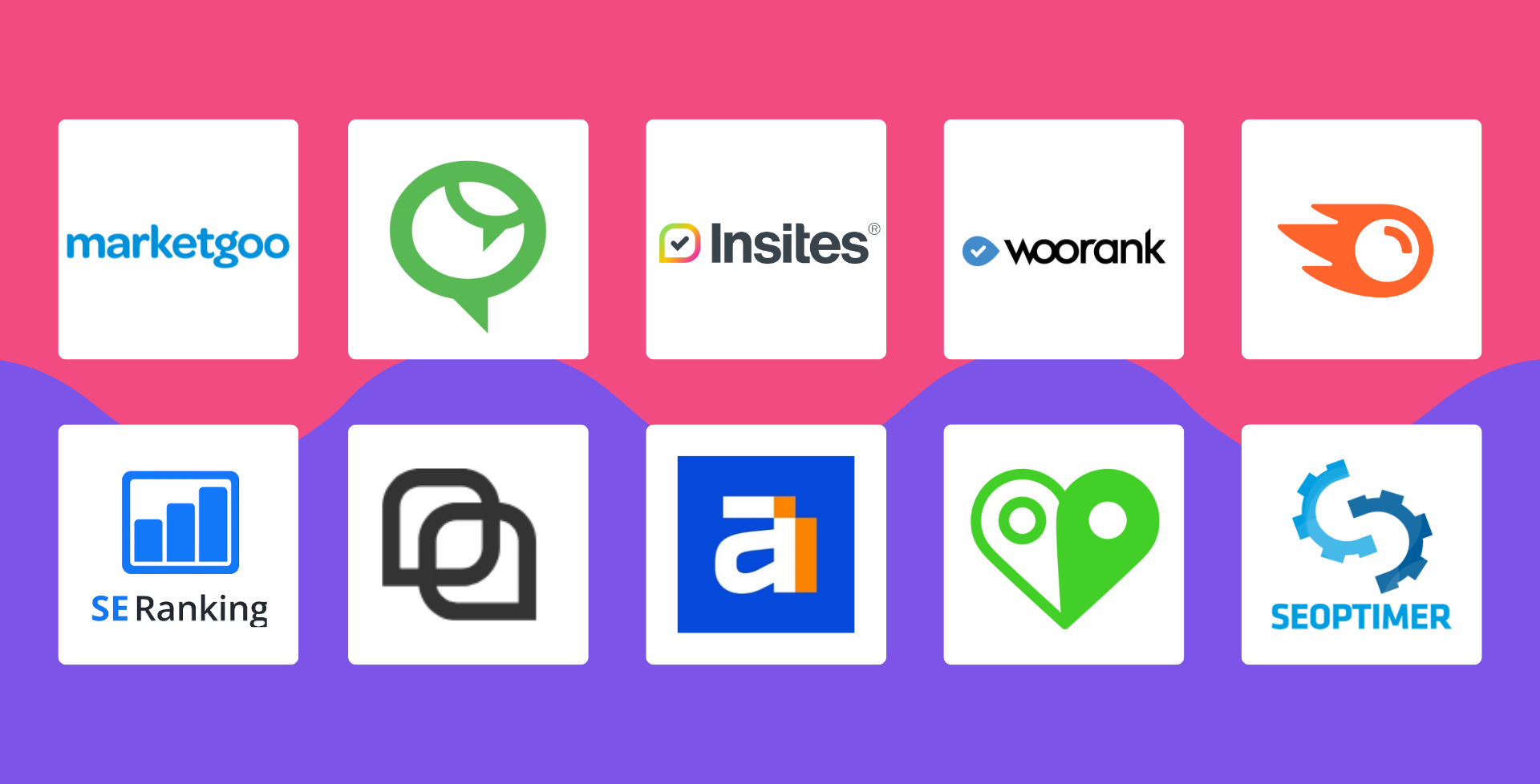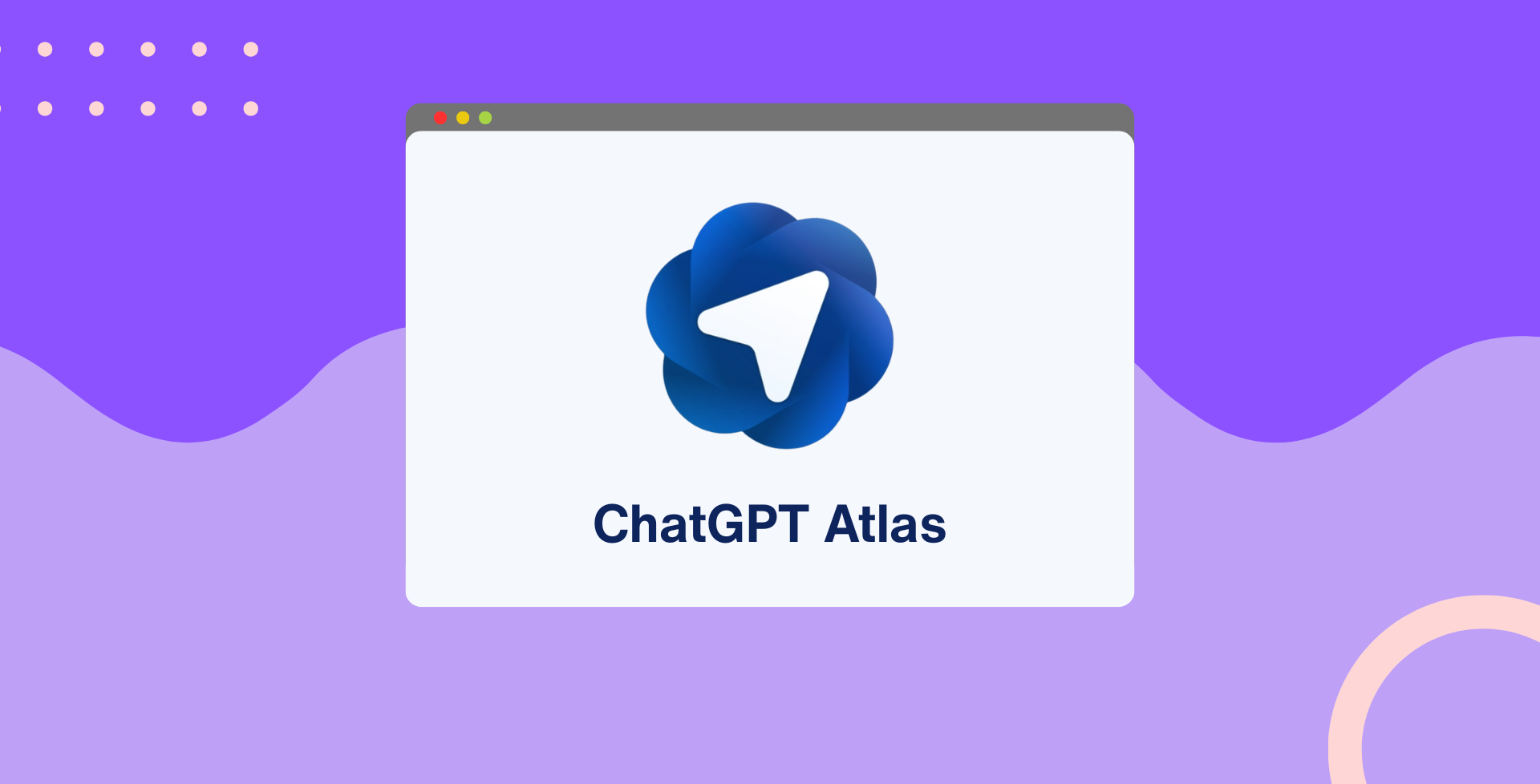Why Google Consent Mode v2 is important for your small business
Coral Wood • March 7, 2024
As a small business owner, it can be easy to to feel overwhelmed by new legislation and integrations that will affect your site (and therefore, your business). However, if you’re slacking when it comes to keeping on top of these key changes, you could be harming your business’s ad performance.
What is Google Consent Mode and why is it important for SMBs?
Before we dig into the latest changes with Google Consent Mode v2 , let’s take a step back because it’s a small piece in a much larger puzzle.
Way back in 1998 when Google was founded, there was no such thing as GDPR to protect user’s data. However, following the explosion of social media (anyone remember MySpace?) and the monetisation of the data of said platforms, it came to light in the mainstream that this data is not as private (Cambridge Analytica scandal ring a bell?) as many incorrectly thought.
As the value of data grew, so did the efforts to mine it. And quite rightly, governing institutions globally felt there needed to be more control around how data is captured and, most importantly, that the capturing of data is consented to.
Ultimately, what this meant is that the we, the user, can decide whether we share our private browsing data that would share things like our age and preferred gender, plus much more.
This lead to the first major online privacy legislation back in 2018; GDPR which ensured that EU residents would have to consent to their data being captured. This model has since been adopted by countries like Japan, Brazil, so it’s safe to say the move to a privacy-first internet is here to stay.
So what’s Google Consent Mode?
Very simply, Google Consent Mode is hooking up your cookie banner so Google knows what your visitor accepts or declines on your cookie banner. It’s that simple. It helps Google to understand what it’s allowed to store about your visitors, and what it isn’t allowed to store.
So what is the new legislation, and why is it important?
Back in January, the Digital Services Act , a legislative initiative by the European Union aimed at modernising the legal framework for digital services, became law. It addresses various aspects of online platforms, including content moderation, transparency, advertising, and user rights.
The primary goal of the DSA is to establish clear guidelines to promote accountability, safety, and fairness in the digital ecosystem. Or in non-legal terms, meaning that personal data is protected and not processed beyond what was originally consented to.
To get around this legislation and allow Google Ads to continue to function, Google has introduced Consent Mode v2.
So why the panic about Google Consent Mode v2?
Google Consent Mode v2 adds a couple of new permissions that allow Google to track visitors and use that data to optimise and report on Google Ads. If you take in nothing else – you should know it’s essential to activate if you want to run effective advertising campaigns.
What we mean by this is this:
- User data within your Google audiences will be restricted; t
his means you won’t get the full picture of who is targeting your site, impeding your marketing efforts and even your understanding of your customer engagement!
- You won’t be able to retarget to new site visitors;
consider your ad spend a waste as retargeting will fall flat
- Ads will have a low quality data and lack efficiency;
a lack of data means your ads will perform poorly, rank lower, and cost you more
- Google’s algorithm won’t be able to predict or track your conversions; meaning you’ll struggle to get your client’s ads and site seen
What’s the difference between Consent Mode Basic and Consent Mode Advanced?
Google gives you two integration options, depending on how technical you want to be. Basic mode simply prevents any Google tags from firing before the visitor has consented.
While this allows you to be compliant, you’re missing out on a ton of tracking data from users before they’ve consented, and from those that decline tracking cookies. That’s where Advanced mode comes in.
If you configure it right, Google Consent Mode Advanced allows basic tracking of visitors in Google Analytics, even when they haven’t given consent. By implementing it, you’ll get a ton of extra data in your Google Analytics.
For example, here’s the jump we found after updating our site with the integration.
With the GCM implemented in Advanced mode, we now have well over double the insight into who is viewing our site which we’ll use to optimise our website.
How to get Google Consent Mode v2?
Unfortunately, adding this vital integration isn’t the most easy thing to do. Therefore, we recommend finding a local development or marketing agency that can do the hard work for you. They’ll set you up a consent banner and ensure your site is Google Consent Mode v2 ready.
Managing Google ads for your client?
If you’re managing Google Ads for your client, we’re here to help. Insites can help you identify the clients that need remedial work and help you discover whether new clients are ready set for a Google Ads product. Explore Insites for free.


